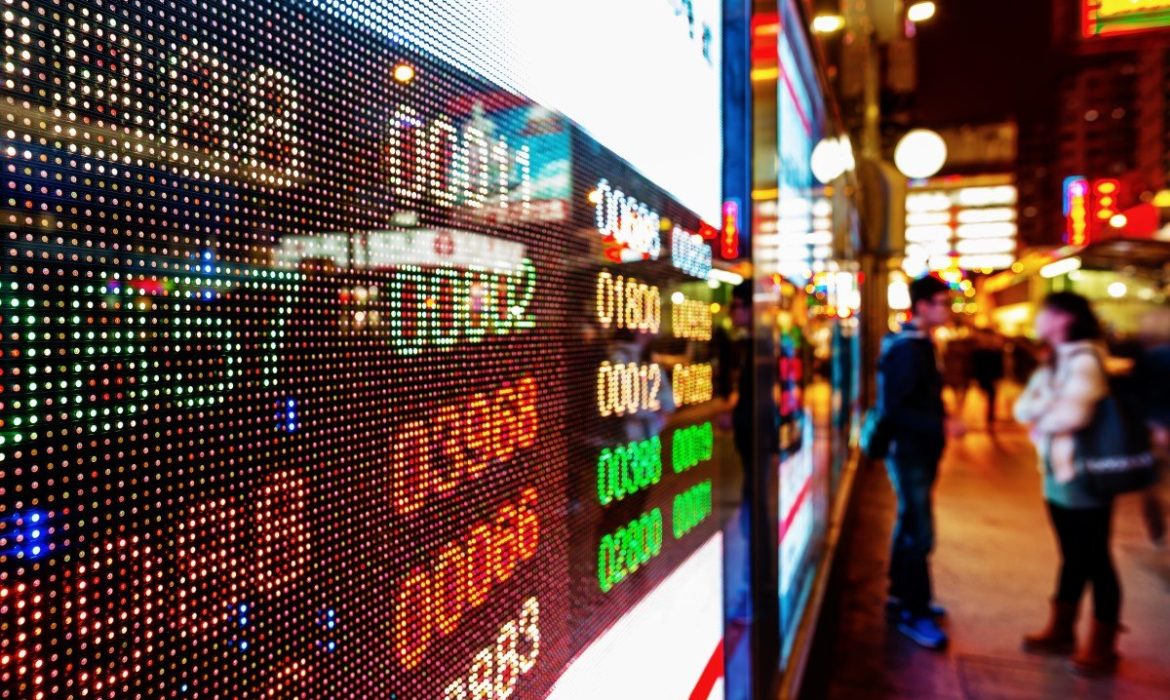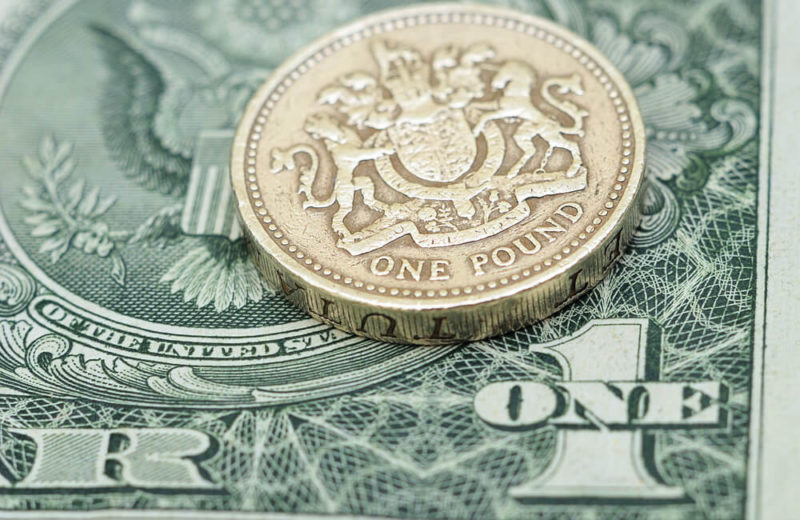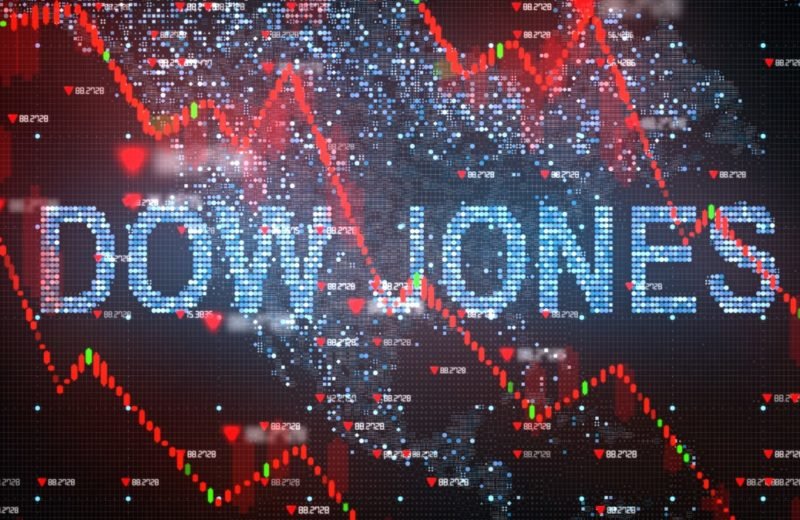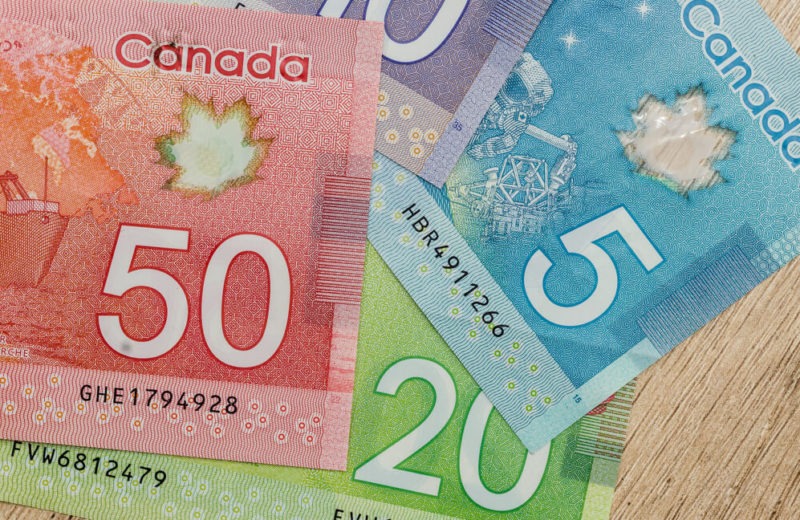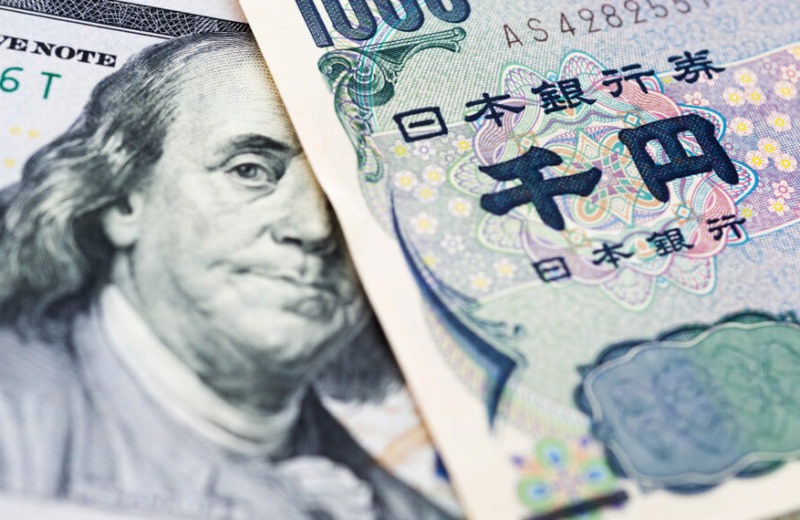The Nikkei and other Asian markets experienced mostly positive movements as US President Joe Biden signed a debt ceiling bill into law, preventing the US from defaulting on its financial obligations. The bill received sufficient support from both parties in the Senate and House of Representatives, surpassing the required thresholds.
In Japan, the Nikkei 225 surged by 2.2%, surpassing the 32,000 level for the first time since 1990. The Topix also performed well, closing 1.7% higher. Oil futures witnessed a surge following Saudi Arabia’s decision, as the country’s OPEC membership, to reduce oil production by an additional one million barrels per day.
South Korea’s Kospi index inched up by 0.54%, extending its gains from Friday’s rally. The Kosdaq also experienced a modest increase. Australia’s S&P/ASX 200 recorded its third consecutive day of gains, ending 1% higher ahead of the central bank’s rate decision scheduled for tomorrow.
As the Nikkei and Other Asian Markets Rise, Oil Surges on OPEC+ Cuts
Hong Kong‘s Hang Seng index continued its rally, gaining 0.88% on Monday following a 4% increase on Friday. Mainland China markets showed mixed results, with the Shanghai Composite marginally up and the Shenzhen Component declining.
In the US, all three major indexes experienced gains of over 1%, with the Dow Jones Industrial Average having its best day since January, surging by 2.12%. The S&P 500 and Nasdaq Composite also climbed, with the latter reaching its highest level since April 2022.
Hong Kong’s Mainland Property Stocks Fall 3% at Open
During the market opening, the Hang Seng Mainland Properties Index (HSMPI) in Hong Kong witnessed a 3% drop. Throughout the trading session, it remained 2.5% lower as the market corrected the previous surge influenced by speculations regarding potential Chinese government measures to stimulate the property sector.
According to Refinitiv data, the HSMPI has experienced a substantial downturn in the current year, recording a year-to-date decline of nearly 30% and a quarter-to-date decrease of 20%. Over the span of one year, the index has witnessed a significant drop of 53.03%.
Real estate stocks, along with basic materials stocks, were among the prominent decliners in the broader Hang Seng index during Monday morning’s trading session.
On the other hand, industrials stocks, utilities, financials, and technology emerged as the leading sectors for the Hang Seng index.


